Dialogue with Artist Pu Yingwei: Looking forward to the arrival of a new identity|Joint U
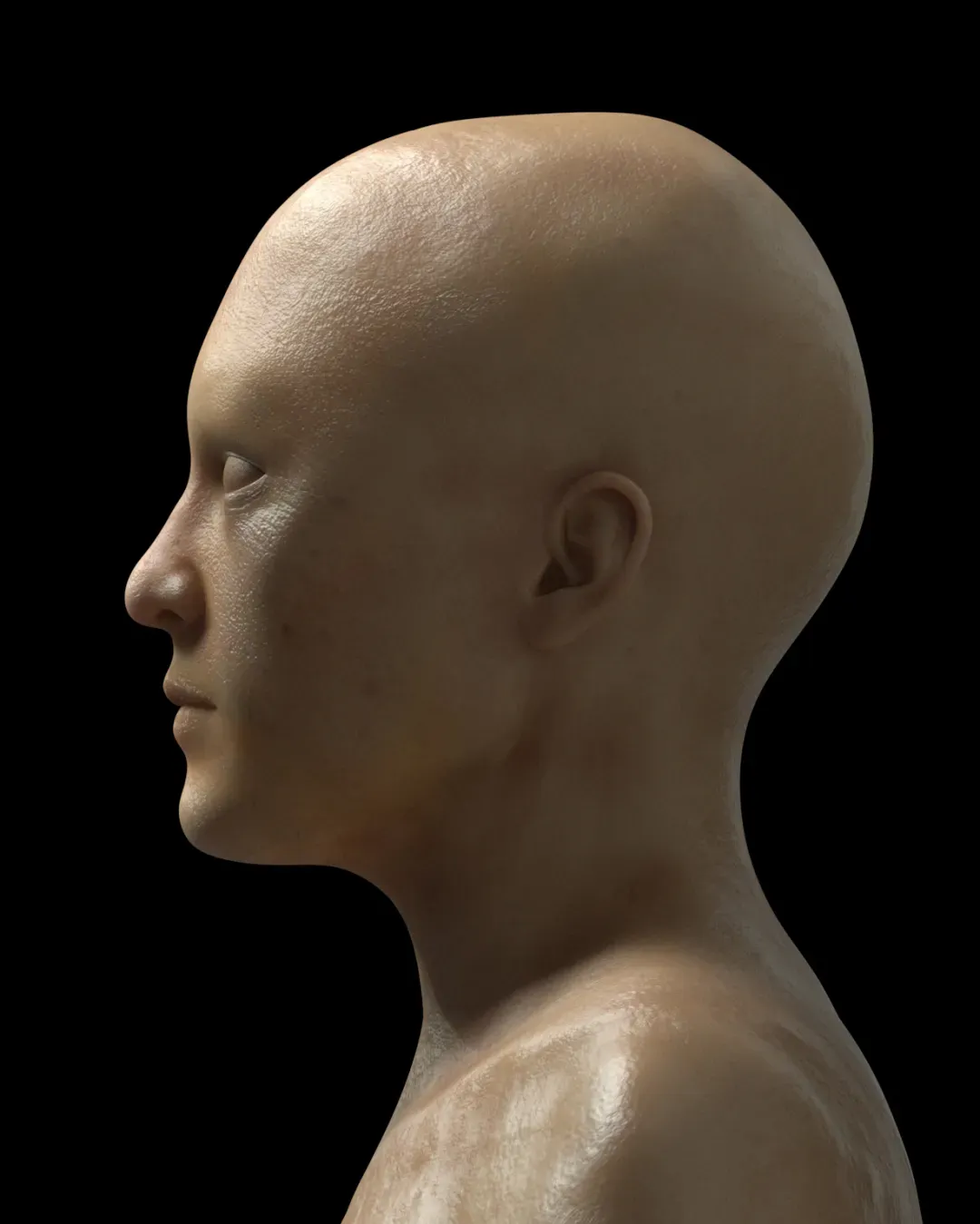
Pu Yingwei, born in 1989, currently works and lives in Beijing. In 2013, he graduated from the Sichuan Academy of Fine Arts with a bachelor's degree; in 2018, he graduated from the National Institute of Fine Arts in Lyon with a master's degree and won the highest award from the jury. Pu Yingwei's work is based on the private observation of reality. He believes that individual experience and memory are sincere testimony of the existence of the world. Through exhibitions, writing, publications, lectures and other forms of practice, the artist conducts a personal revisit and parody of political and historical texts, and brings these narratives across the grand propositions of race, country, language, colonization, etc. into place. Its non-fiction personal history is written on.
Recent solo exhibitions/personal projects include: "Adventures in Obscure: Speculative Pop and Pan-Chinaism", SSSSTART Star Art Museum Research Center, Shanghai, 2021; "Photo Ethics: China-Africa Photo Album", Jimei x Arles Discovery Award Unit, Xiamen, 2020
Recent group exhibitions include: "The 13th Shanghai Biennale: Body of Water", Power Station of Art, Shanghai, 2021; "Document Collection: Seven Clues", Taikang Space, Beijing, 2020
Recent curated projects: "Huawen Wharf: From Chinatown to Red Internationalism", OCAT Shenzhen Pavilion, Shenzhen, 2020.
In the recent practice in China, Pu Yingwei temporarily bid farewell to the fluid identity proposition developed during the period of self-study in France, and instead took the split of the ideological camp and the resurgence of imperialism as the new work background, extensively studied and continued socialism Realist art and the 20th century avant-garde visual heritage, and draw nourishment from the two isomorphic visual cultures of revolutionary art and ideological propaganda, formed the artist's unique language system and historical perspective.
Written and written by Chen Keyi and Li Zhuoying
Talking to the Artist / Pu Yingwei

Before seeing Pu Yingwei himself, many people looked at the black face or the virtual model in the artist's profile and wondered: Is this artist black? Asian? Or mixed race? Is this avatar his own? Why is he interested in Africa?
In today's polarized social situation, Pu Yingwei pulls out a real context that has been specified at any time, and looks at all existing and produced materials and cultures as the "other". When talking with Pu Yingwei, he always radiates from a topic to various experiences he has experienced, but expresses his position with extreme prudence. Capture the connections and details between things. Rather than a personal introspection, it is the artist's obsession with grasping the ambiguity and complexity of the world.
Before the interview, Pu Yingwei just had a busy month, which he described as "a representative short journey": flying from Beijing to Shanghai to attend the opening forum of the Shanghai Biennale, where he was exhibiting his stories about China With the African work "Dam Theater" - an "exhibition building" in the form of a dam: it includes video, music, interviews, and a large painting with a length of more than ten meters; at the same time, his solo exhibition "Obscure Adventure - Speculative Pop "With Pan-Chinaism" was launched at the soon-to-be-completed Star Art Museum Research Center, where he had a one-day long talk with his predecessor Wang Guangyi; his work "Twilight Memories - Homecoming", which was shot in Marseille, was also exhibited at OCAT Shanghai On display in "Ring Impact: Video Twenty-One". He also created a sculptural work for the group exhibition "If and only if, the gust of wind whips up huge waves" at Aranya Art Center; in the public unit of Gallery Week Beijing, his "Revolutionary Realism Typeface" was used as the main visual Participated in the unit poster; on the day of the interview, he mentioned to us a series of projects about space mining that he felt very excited about, which is currently being exhibited in the art narrative unit "Futurism of the Past" at the Beijing Contemporary Art Fair.
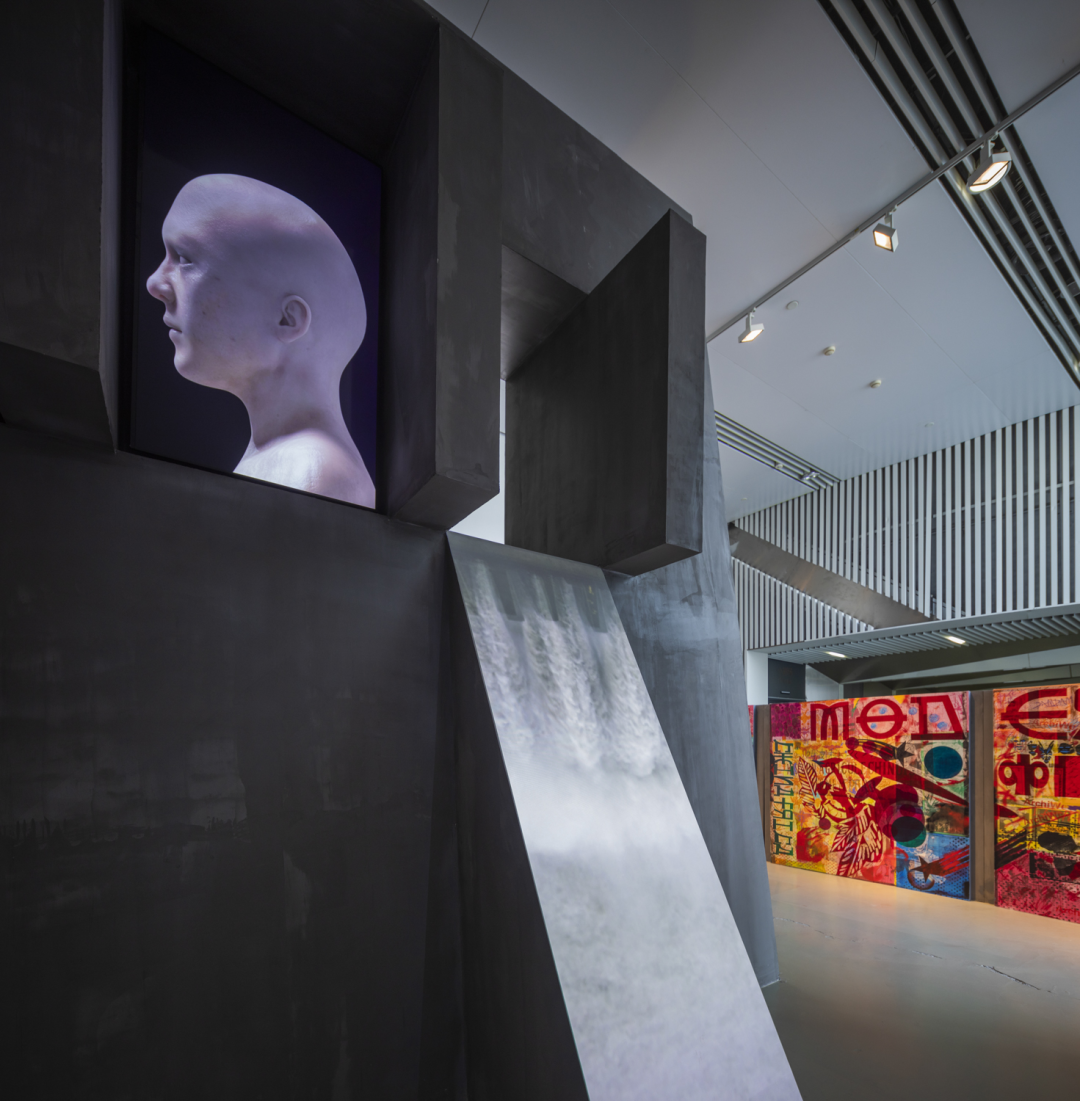
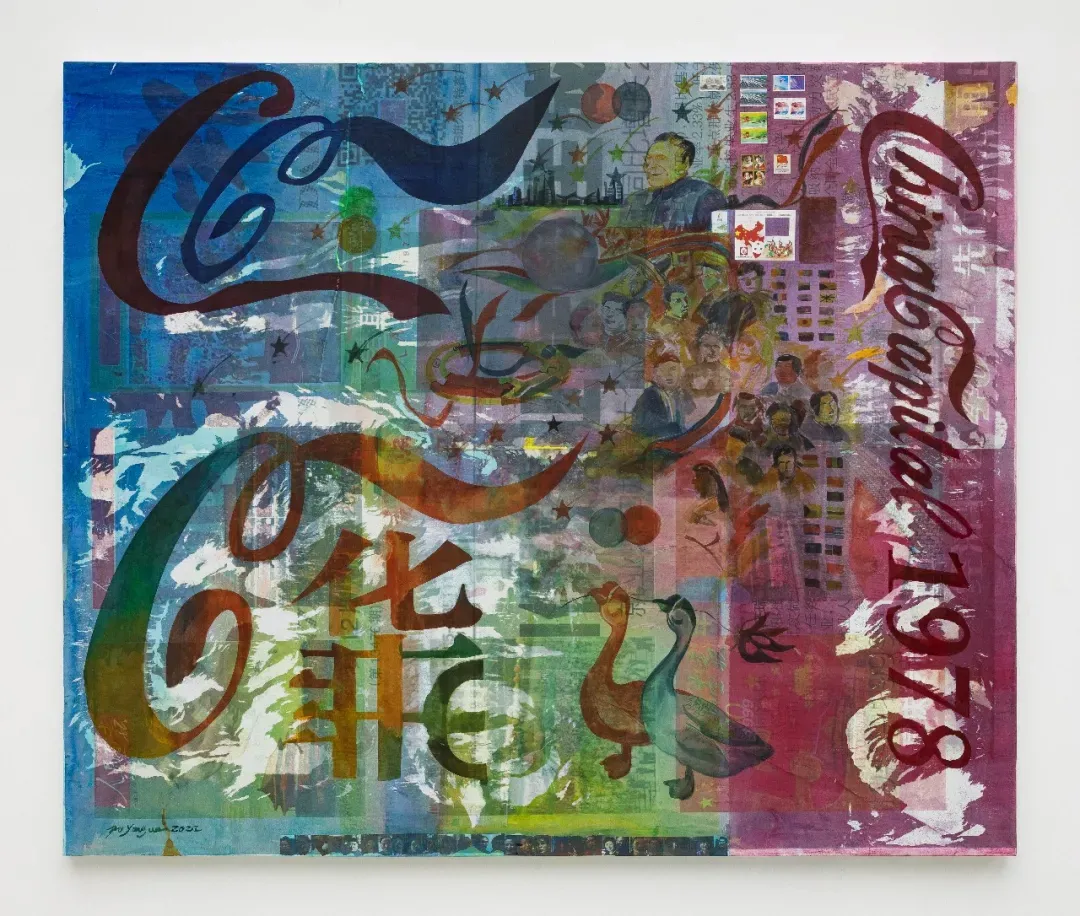
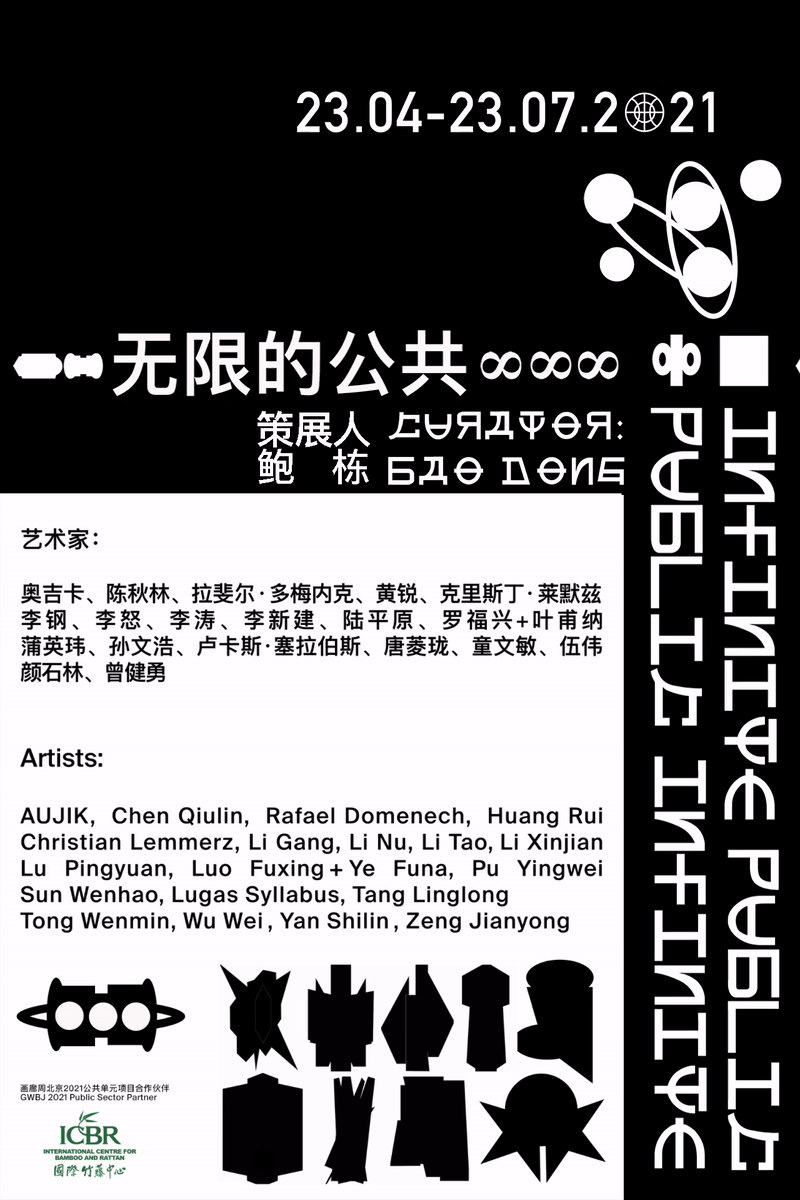
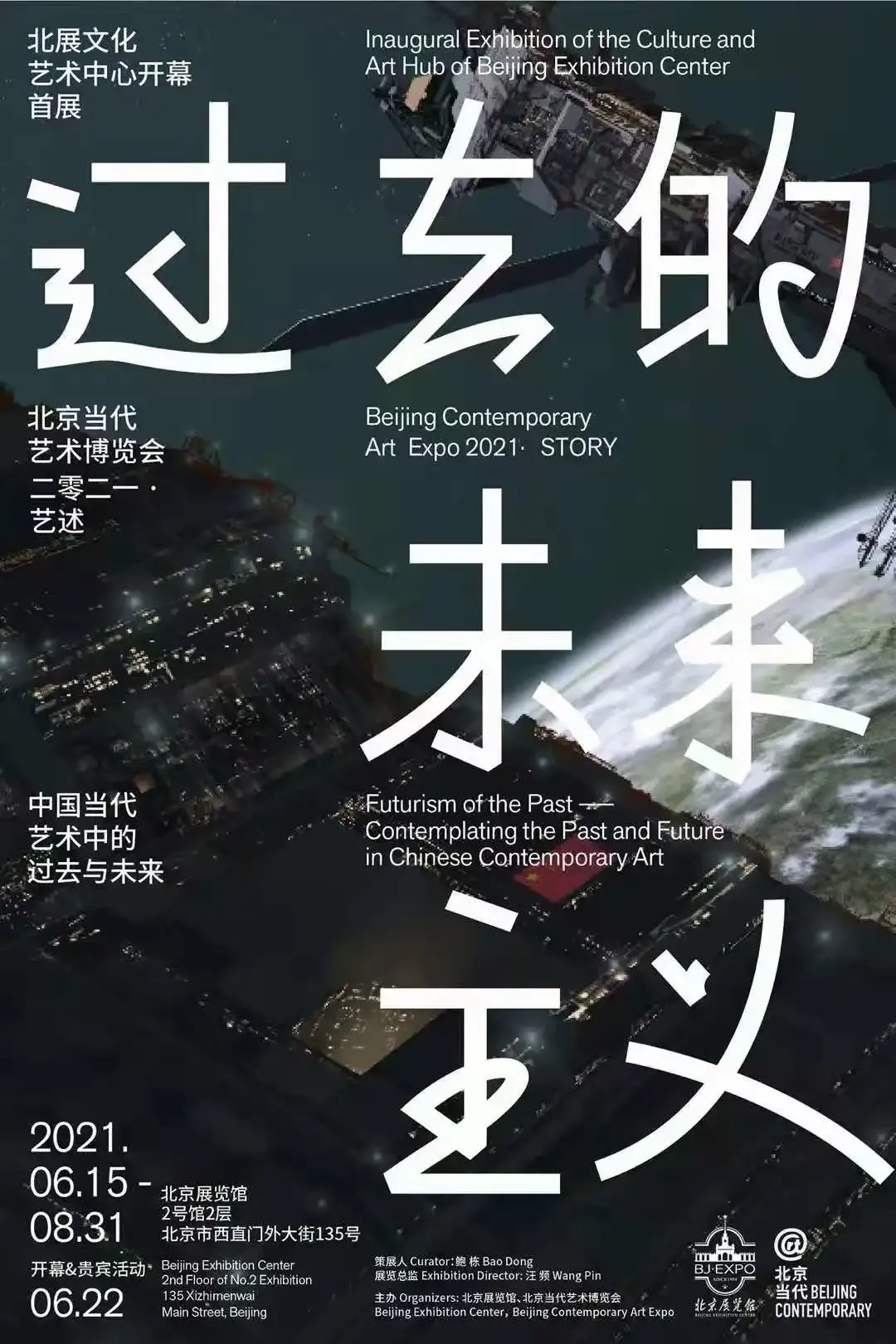
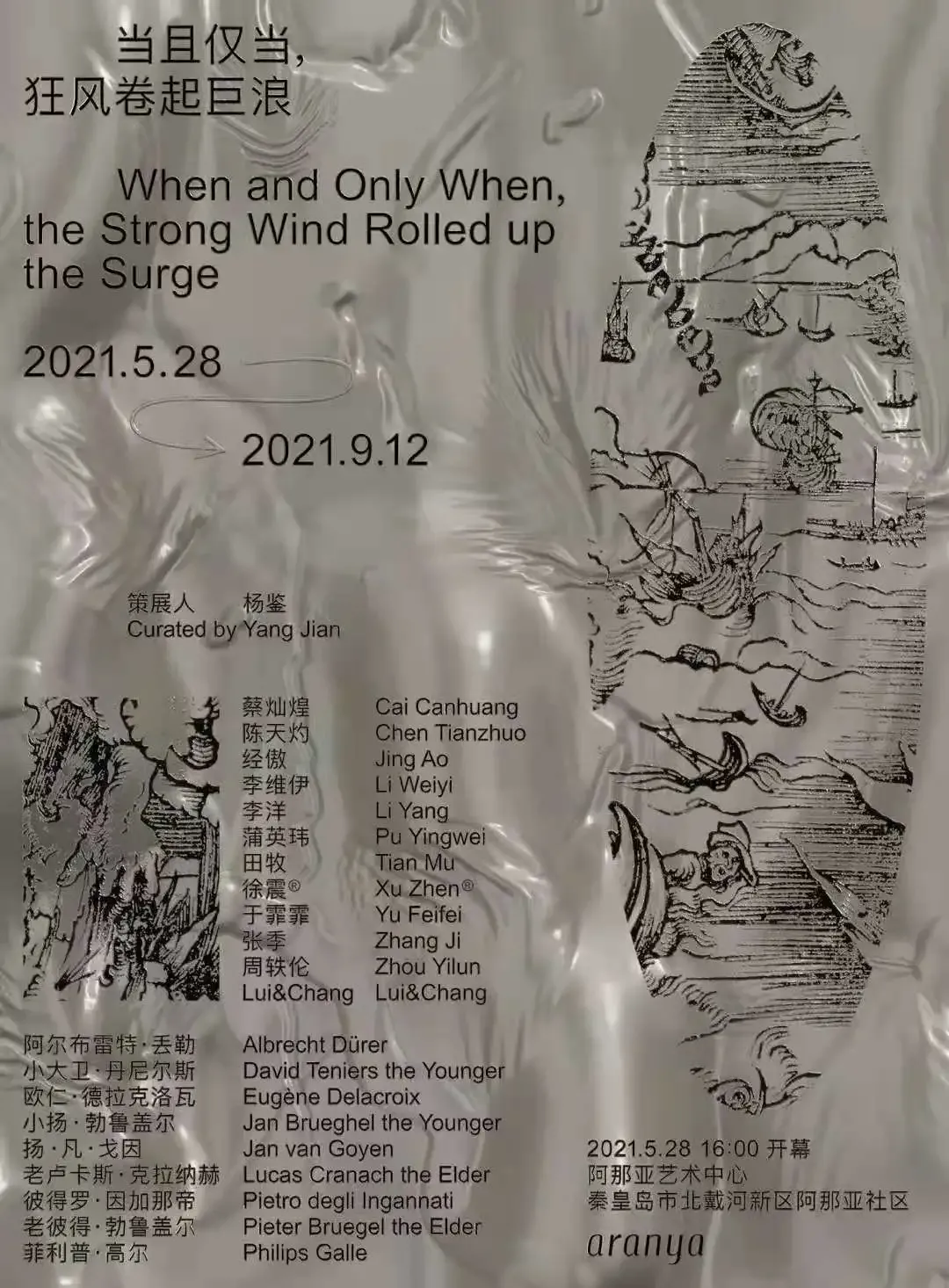
1
Works and exhibitions are just a part of Pu Yingwei's work and life. His studio is very small and has no water supply - a small house that was originally built for the police in the community. "I work a long time, sleep less, sleep 3 or 4 hours, and spend the rest of the time doing things." In addition to doing works, reading, writing, and sports, he also makes clothes.
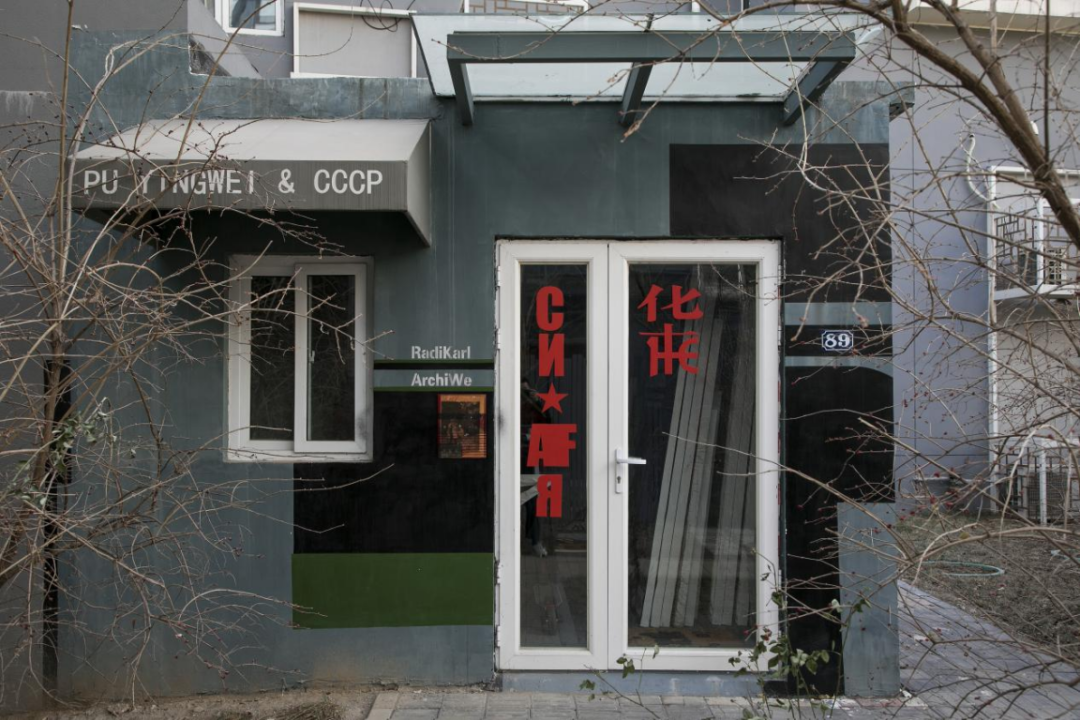
The "short journey" in May and June this year is like a microcosm of his recent years: " transmitting his ideas to different circles in different ways. " In this way, he was able to reach outside the art circle. people, understand what they're doing. "Today we know that an exhibition is done through push and exhibition reviews. The field of our work has been expanded, and the dissemination is actually a part of the establishment of today's works. The way and scope of dissemination are different, but there are actually essential differences."
He mentioned the opening event of the clothing store in Nanjing. Many people are not artistic audiences at all, but they are familiar with his clothes for each season. This made him particularly moved, "Compared with exhibitions, clothing involves a wider range. Some of my ideas appear in clothing through visual language and political symbols, and are consumed by people." This is what he thinks is real politics - he mentioned When John Berger cooperated with the BBC to teach art history, he hopes to regard the open information interaction of today's social media as the logic of the work site and the establishment of the work, rather than being generated in an academic context :
" It can't be said that when I think academically today, I go completely into books and then into an abstract time that has nothing to do with reality. "
He always maintains an open mind to participate in industries other than the art industry, understands the different rules of different industries, so that he can truly apply, integrate and make breakthroughs-this year he made a brand new attempt to build the concept of the World Expo Soviet Pavilion in the in trendy stores.
Pu Yingwei's ideas and actions that integrate into the system and promote its change are also reflected in the art market. "Behind the domestic art market are collectors, and behind collectors are galleries. If you want to express in ecology, or discuss things that you think are more valuable, you must participate in this system. You need to use your Only the market can establish a judgment or critique of certain things.
That is to say, the strength of your change in one thing depends on the degree of your participation in this thing, and the proportion you occupy.
I did not separate the artist to solve the problem of survival first, and then to independent expression. I'm not actually thinking that way, I'm thinking about the system as a whole—
What does an artist's so-called sale mean?
What does an artist's exhibition mean?
How to criticize, how to participate?
In fact, to put it bluntly, the collector is also an audience. If your work has no sales attributes at all, you may never meet for a certain reason in your life, and with this circulation, it can create some connections. This again involves the issue of dissemination and participation, which is how much you infiltrate an idea on different dimensions. I hope my ideas can work in different ways, whether in popular culture or in market capital operations. "
Jumping in different fields did not give Pu Yingwei a sense of separation. He thinks that when you put the artist and the writer together in your resume, it just shows that you think the two are different things. Although doing art works also involves writing, fashion, and planning, but for him, he I have always been clear that I am an artist, and everything is produced in this background.
2
In 1932, Pu Hong, a public student, came to Lyon, France, to study literature under the support of Sino-French University. In the same year, Dai Wangshu, a modernist poet in China at the time, also entered the school. During his stay in France, Pu Hong communicated closely with Dai Wangshu, and was deeply influenced by his anarchist thoughts. He co-founded the poetry magazine "Les Contemporains" (Les Contemporains), which advocated neutrality and liberalism, and advocated that "art and literature should be independent of everything else." outside of political influence."
In 1937, the Lugou Bridge Incident broke out. Pu Hong and Dai Wangshu decided that they could not abandon their motherland in the scorched earth, so they returned to China one after another. In 1938, he launched the Chinese Association of Literature and Art to Resist the Enemy, trying to carry out the anti-fascist movement in the form of literature until the victory of the Anti-Japanese War in 1945. In the same year, at the same time as the founding of the People's Republic of China, Mr. Pu Hong had a son, and Dai Wangshu personally named him "Peixiang" because he was happy for his old friend. Later, Dai Wangshu died of illness in Beijing in 1950. Pu Hong, who had lost his best friend, also returned to his hometown of Shanxi to become a university language teacher.
Pu Hong is Pu Yingwei's great-grandfather.
——"A Brief History" Pu Yingwei (here is a fictitious exhibition clue)
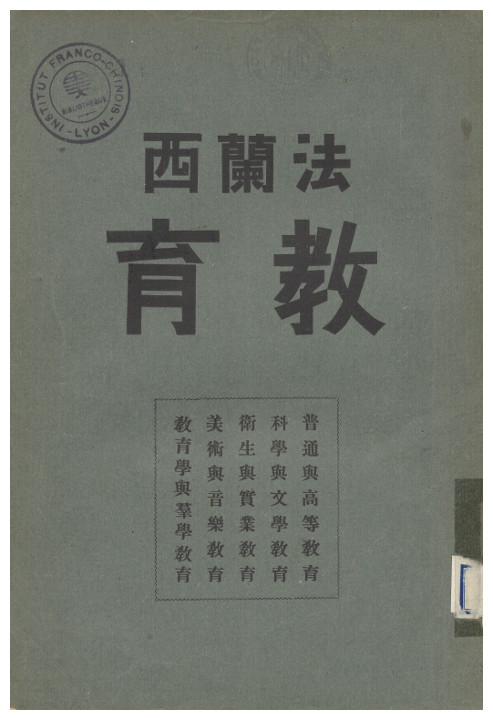
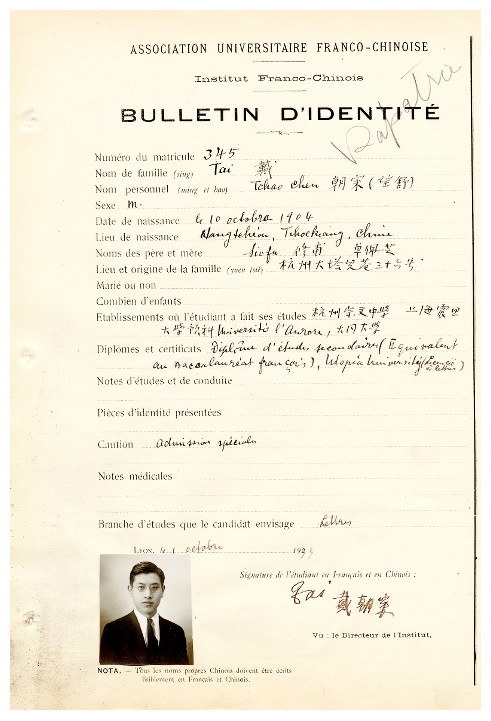
But Pu Yingwei went to France to study by accident. One summer vacation, when he was playing golf with a friend he hadn't seen for many years, he learned that the other party was studying in a free public university in France, which changed the trajectory of his life in the future.
Before the trip, he had a sophisticated and fashionable Rococo-like imagination of France - the most literary France. Pu Yingwei lingered at the Palace of Tokyo until midnight to appreciate the most quintessential heritage in human history.
The turning point came in 2015.
On January 7, 2015, two extremists armed with AK47 rifles, shotguns and bazookas broke into the offices of the cartoon satirical newspaper Charlie Hebdo, killing 12 people. In the following two days, another co-conspirator attacked a kosher supermarket after shooting police officers, killing four people. After the incident, the extremist organization "Islamic State" claimed responsibility for it.
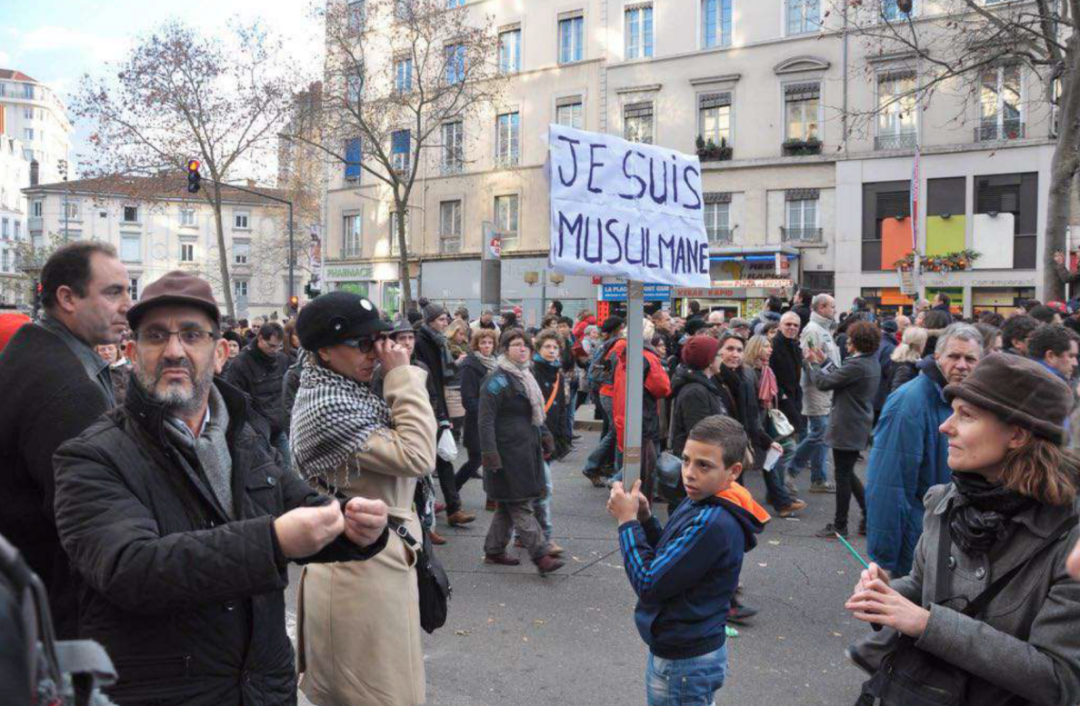
"It's really scary for something like this to happen so close to you. Then two explosives were found at the Gare de Lyon the next day, it was really scary, and then everyone came to care about me; then my girlfriend Also in France, we just finished walking the Champs-Elysees, and in the evening we went back to the hotel and turned on the TV, only to know that there was a shooting there.
"This social unrest has caused the rise of the far right in France, and we are inevitably involved in political life. In the regional elections, the far right parties won the leading seats and may eventually govern. When we arrived at school, the teacher called for a vote. Quan's classmates hurriedly voted to block the far-right political parties. Even if there is no Charlie Hebdo incident, as time goes on, the previously ideal and purely aesthetic things will gradually dissipate, and you will see the complexity and depression of this society. ."
Pu Yingwei likened his experience of studying in France to another experience under the "post-colonial framework". He left China, his homeland, and the cultural context he belonged to, and intervened in African-related affairs as an Asian. It tries to explore the profound relationship between individuals and geography with a unique identity from the third world. He used the word "open" to describe the education he received in France—it was difficult to recognize identity and racial issues at home, but when France inevitably encountered a post-colonial social context, he began to pay attention to minority issues:
“Because France is the former suzerain of many African countries, there has been a backtrack on African issues. When I first went to France in 2013, I realized that my Asian face and accented French would only allow me to join a more approachable Ethnic groups— either Asians, Africans, and then Arabs are all so-called minorities, so at that time I had a sense of identity with the history of ethnic minorities. For example, French society is going back to Algeria During the war, the social structure did not allow you to stand in the perspective of a white person; including applying for a long-term residence permit and residence, I was immersed in the social structure of an other person for a long time, and I naturally paid attention to these issues.
"On the second day of the Charlie Hebdo incident, the French began to march in the city, and a group of people crossed the city - walking two steps to applaud, which is equivalent to telling the terrorists that although we have suffered a terrorist attack, we still have the courage to walk on On the street. I lived in an Arab ethnic area with low housing prices. When the parade passed by where I lived, I suddenly realized that almost all of the queues were white, and the Arabs went by the roadside with their hips on their hips like a joke. People watching these parades.
There are not only French people in France, there are many things between ethnic groups that are difficult to reconcile and very divided, which is a problem.
"In the same year, I paid attention to the collectivist buildings around the big French cities. I went to the suburbs to buy used books and stamps on weekends, and once went with a Frenchman. He said, do you think these buildings are particularly strange? Later, I investigated and researched. It was found that the building was actually a concrete building built by the Communist Party after World War II. The collective building was implicated in the history of French immigrants in the 1960s and 1970s. I think this utopian idea is based on the more idealistic social mood that was born after the economic take-off of France in the 1960s and 1970s.
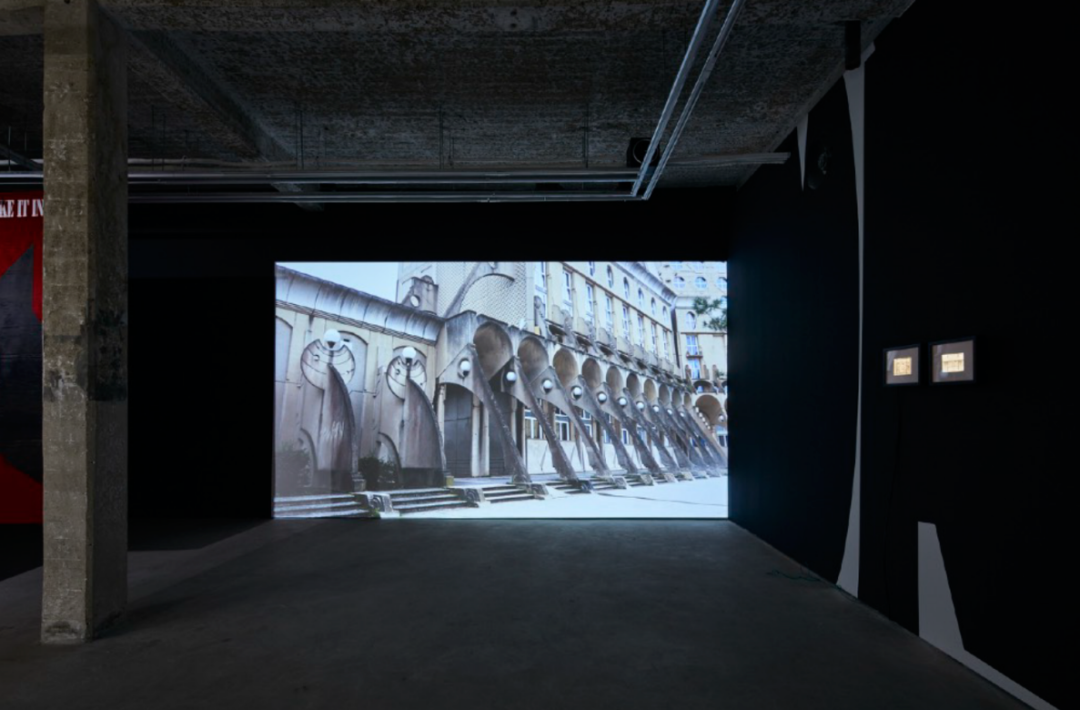
“But this model failed completely in the end, and now those places are populated by the poorest people. Even if the government plans to resolve the conflict of beliefs between races, there is always a dilemma. If all the immigrants live here, should the surrounding area be Building schools, department stores and hospitals? After the construction, the lives of the surrounding people tend to be perfect; but if the surrounding facilities are perfect, people will not be in contact with the French society in the main city, and become an independent country within a country. The Weekly Terrorist was also from this neighborhood, and they have the potential to be relevant, it's both a communist issue and a racial issue."
At the same time, Pu Yingwei's uncle happened to be going to Africa to help with construction, and he posted pictures of Africa in the family group every day, which created a connection. The "nomadic" in the 2017 exhibition "Nomadic Fiction" not only refers to his own repeated switching of viewing and viewing perspectives in the flow of different countries and territories, but also refers to the conscious choice of viewing at different time points in the historical process. angle.
In last year's exhibition "Photo Ethics", he interviewed several friends, including his neighbor, a Taobao shop owner who had traveled to 12 African countries and picked up goods from Africa; and a photographer without borders, whose works were published In the China-Africa special of Sanlian Life Weekly. He summed up the process of transformation of thinking into a context: vague racial awareness - minority identity - specific people to specific macro-national frameworks - and then specific to how each person perceives this framework.
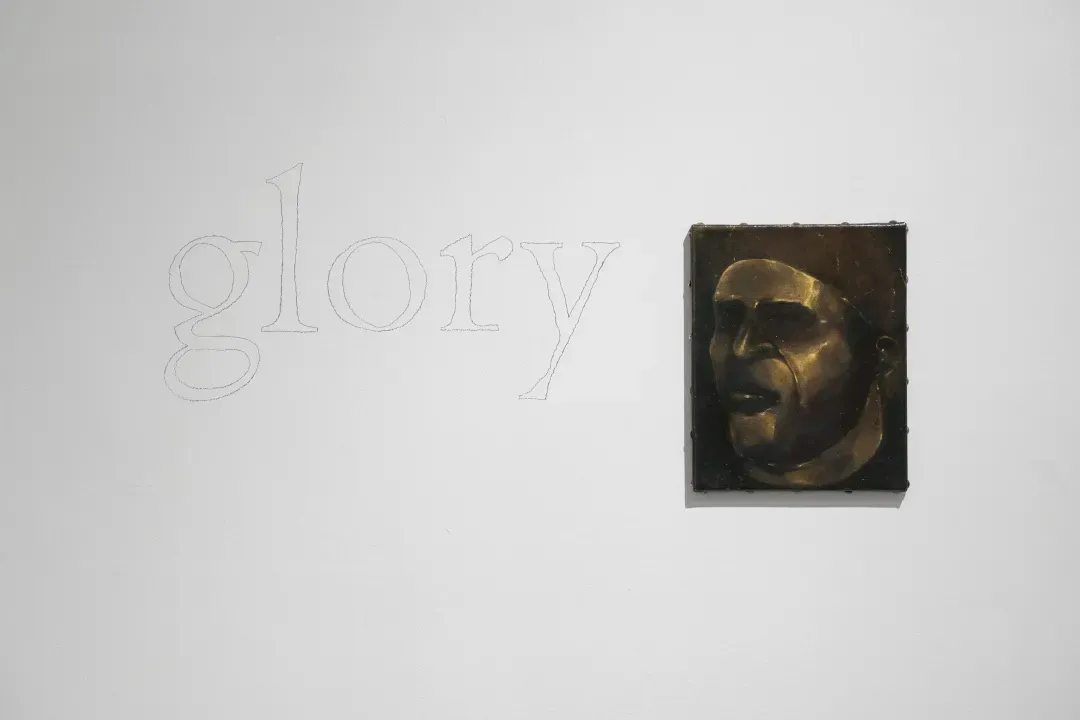
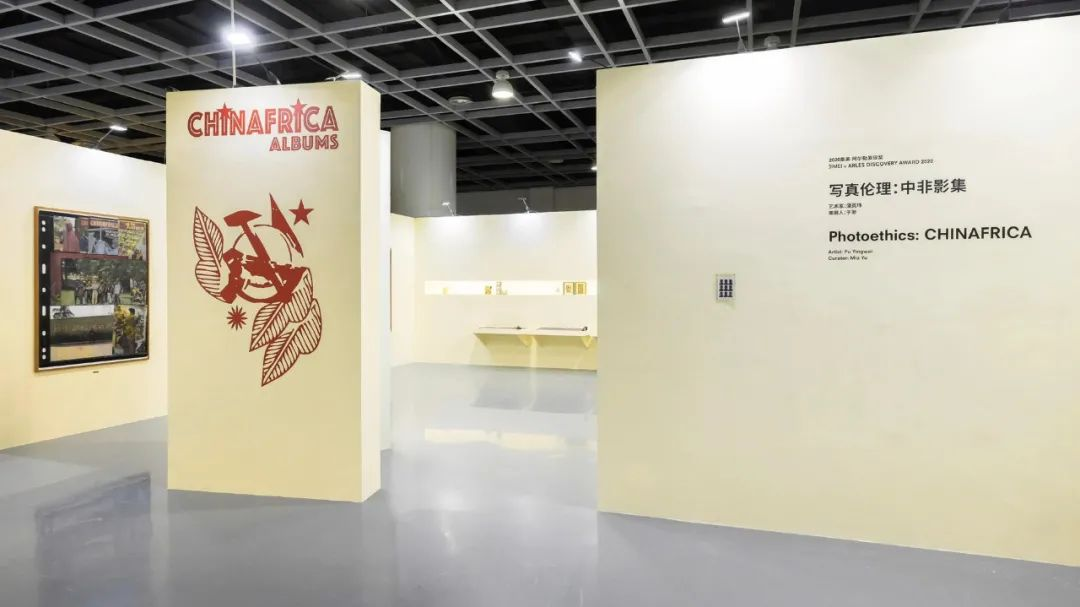
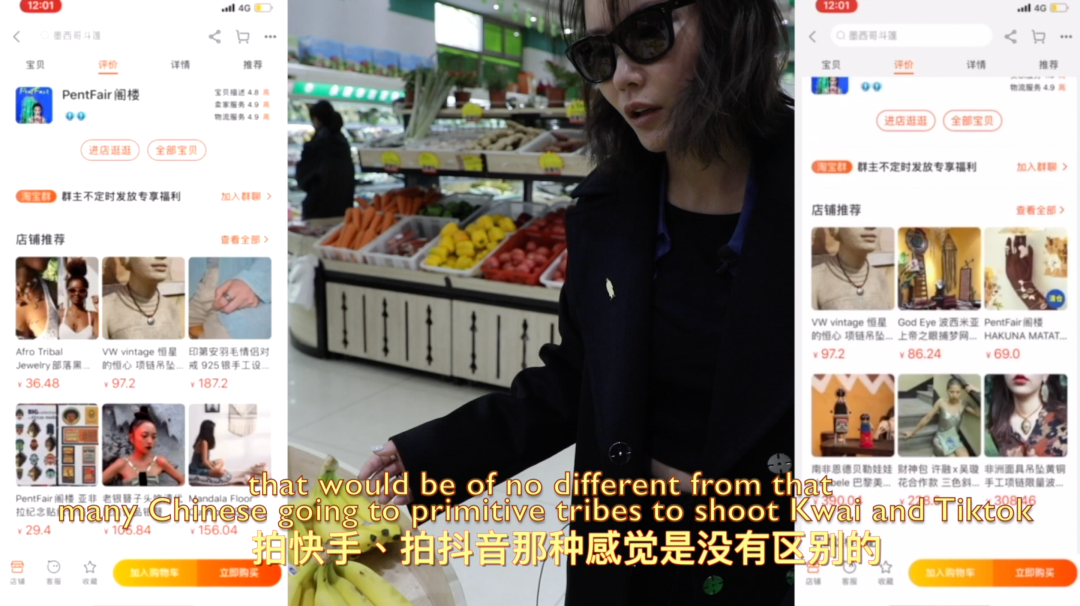
3
"I encountered 'Africa' at the beginning. As a realistic framework, it is related to Africa and black people, but it is more about China's problems." When Pu Yingwei returned to China, he still chose to retrace China from the connection between personal and history. Contemporary art, extending a series of creative themes such as political pop.
When it comes to the opportunity and reason for returning to China, on the one hand, Pu Yingwei wants to experience the scene in China and participate in the scene:
" It is impossible for me to express something in China in France, it will only make me more and more vacuum ";
On the other hand, he wants to realize and implement some ideas that he had studied in France for 5 years: "After returning to China, there are many people who help - whether they are workers or art practitioners, they can realize very ambitious projects. In France , I had to nail the picture frame myself, and I had no residence or studio. So I returned to China without any hesitation at that time.”
After returning to China, he found that compared with France, where the whole country has fully discussed and sorted out art history, Chinese contemporary art has not been fully discussed in terms of ideas and markets. "In 2017, I was still studying in Sichuan and the United States, and the Chengdu Biennale exhibited many social intervention projects such as Bishan Project and Kunshan Construction. This was a wave of trends at the time, but no one has sorted out the things at that time. No one uses the same working methods of the past. Chinese contemporary artists in the 1990s are a strong point. They went through the great exhibitions in 1989 and the revolution of 1989, making Chinese contemporary art the first to appear on the international stage and creating contemporary art. The miracle of the market. Their experience covers a lot of historical nodes, and I feel the importance of discussing them.”
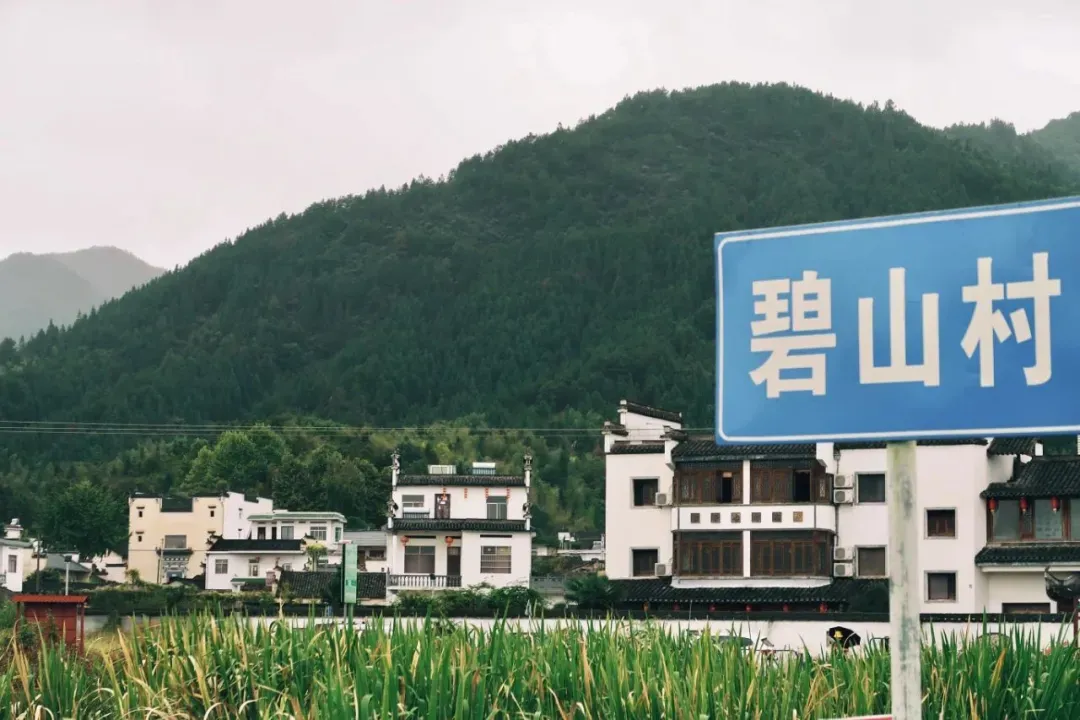
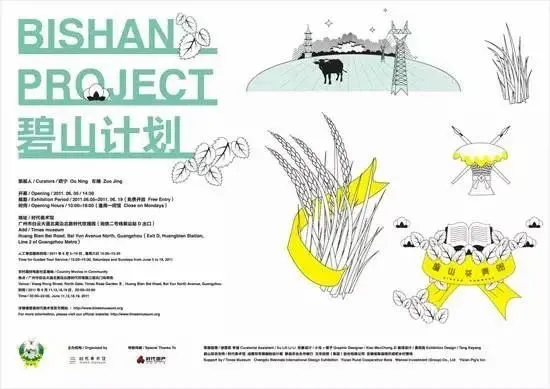
Second, France's cultural establishment is more complete than China's. "We often see artists like Baselitz and Kiefer exhibiting in galleries and institutions abroad, but in China, it's a pity that in the 1990s these artists no longer had the attention of galleries, and no particularly active contemporary art museum wanted to do their work. Project. A lot of people misunderstood my work. I do this work from the perspective of the present, not from the perspective of historical research. The conversation I had with Mr. Wang Guangyi that day first established a consensus-
We are a generation doing a job; not me today doing his research, his archaeology on an artist 30 years older than me. "
When talking about the concerns in the so-called "present history" of Chinese contemporary art, Pu Yingwei pays more attention to what the individual is strongly related to.
"I mentioned Luo Zhongli and Pan Yuliang in 'Obscure Adventures', which actually stemmed from this relationship. Luo Zhongli was my principal when I was in school in Chuanmei. When I looked back on the work "Father" many years later, I looked at it rather than looking at it. It is actually an epoch-making work with strong political and linguistic tension. Pan Yuliang also graduated from the Lyon Academy of Fine Arts. When I graduated, I also did a painting at the Lyon Academy of Fine Arts. The exhibition is a bit like fate, or your life intersects with those historical moments, and then you decide to study those people in depth. If there is no correlation, no emotion, I will not be interested in many topics. What I care about is his relationship with The mechanism of the timing of my relevance is not a concept of an abstract work issue."
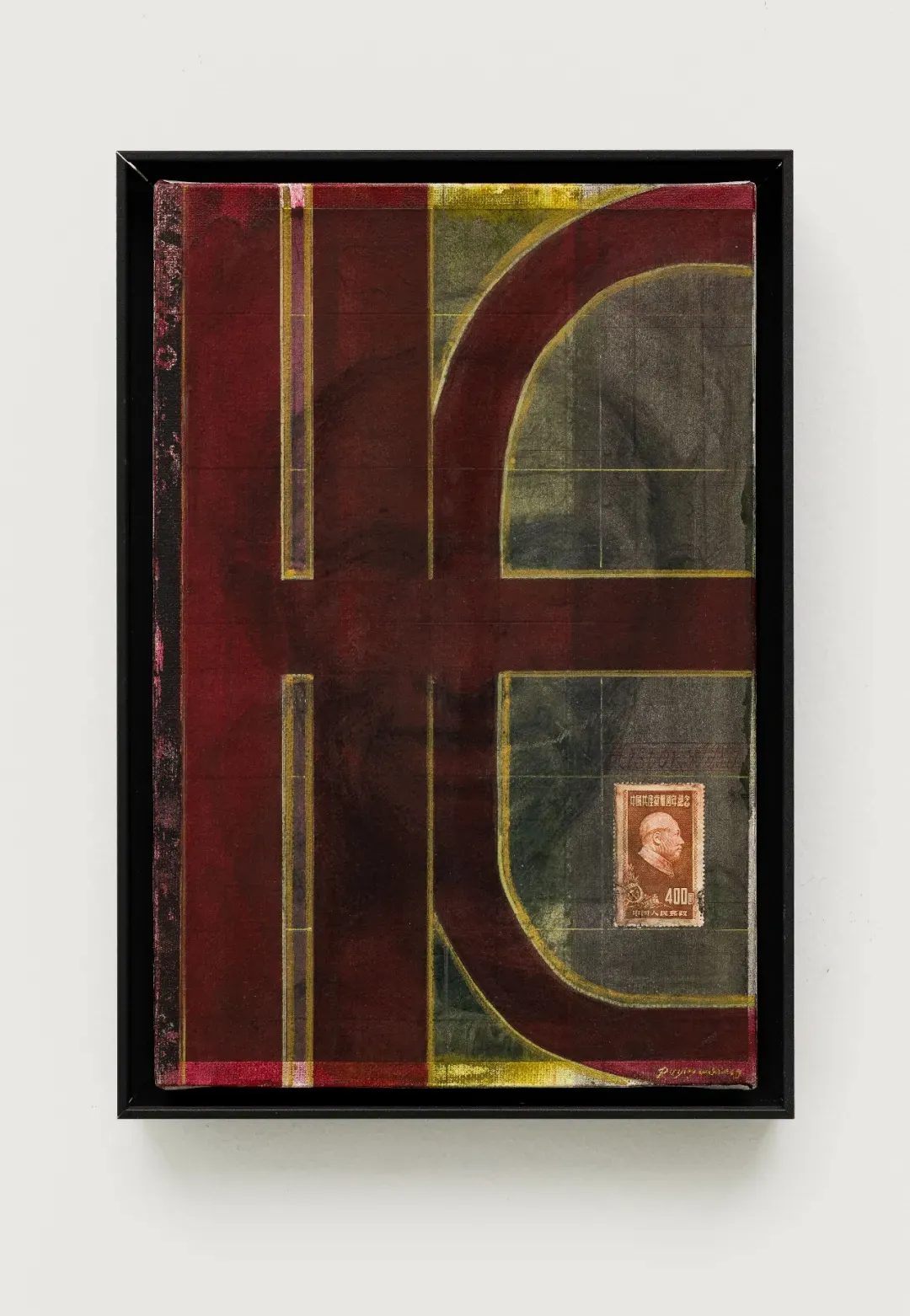
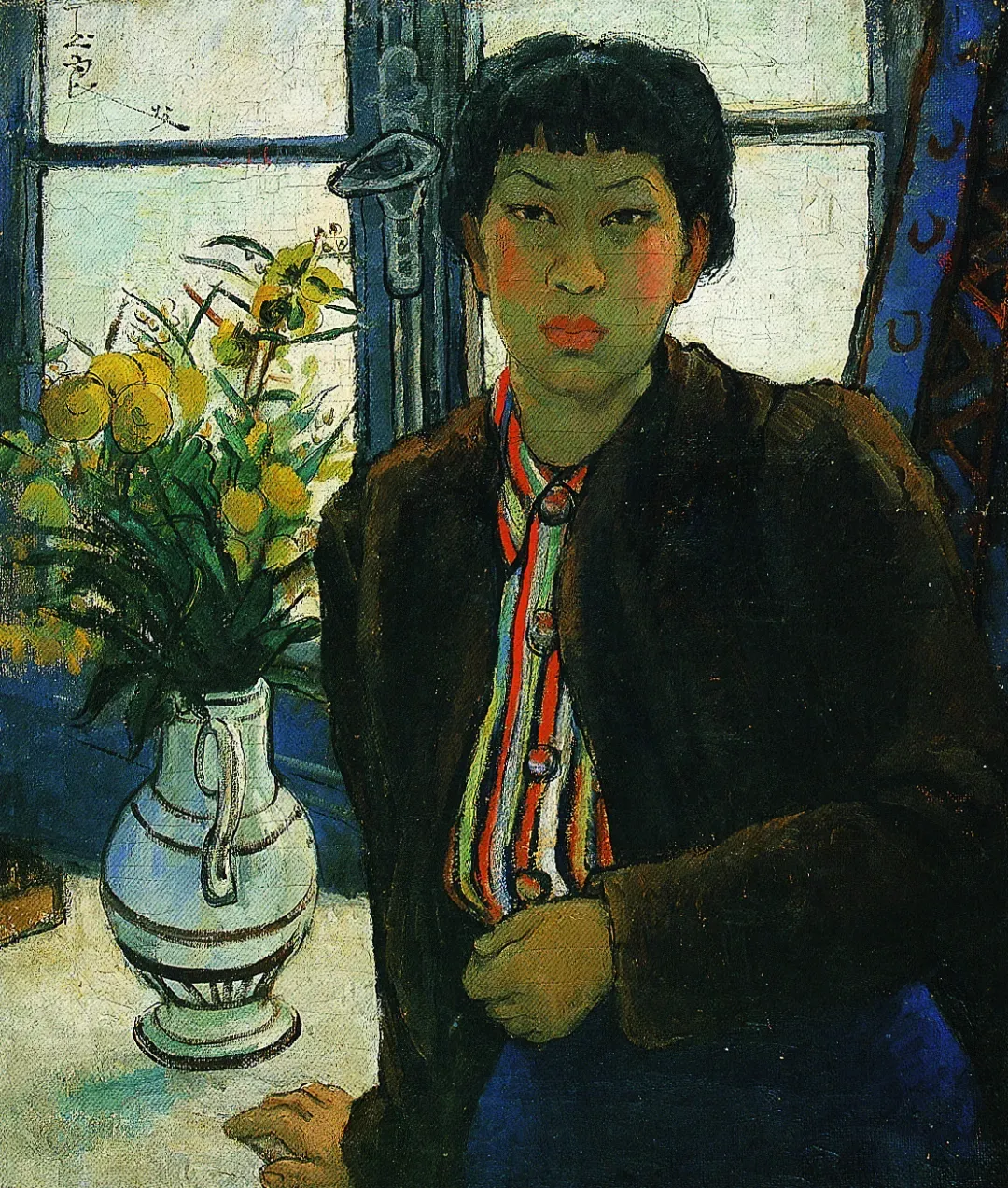
Pu Yingwei also has a personal ideal - from the standpoint of the work to the visual language, to complete a very personal or very local subject construction, so as to be able to tell the complexity of Chinese reality.
" I don't think today's Chinese artists are really interpreting the complexity of China on a global scale.
Many good artists, after going to the international stage, did not choose to continue self-renewal or expansion, but performed a repetitive performance within a certain preset framework.
This road inevitably involves collusion with capital and institutions. "
Regarding how to realize this ideal, Pu Yingwei believes that the first is to generate a real position of his own :
"I avoid or taboo political correctness, because this is a typical Western social framework. If I still use this framework, I may not be able to extend new things."
The second is the construction of a new artistic language - he believes that accurately using an artistic language or visual language to abstract the essence or phenomenon of some things, through the process of interpretation and turning it into a work, can measure the value of the work where:
"I think the artistic language of the work is the first politics of art. Many artists who deal with social issues actually ignore language. For me, language is the most powerful thing. Today, some people pay attention to a very fashionable set of The language of the work, but for me, this thing can quickly fail. Or fashion is the beginning of its failure.”
Pu Yingwei's works involve many sensitive topics, but he is not too worried about the domestic censorship system: " First of all, domestic censorship is not a specific judgment, but different decisions made by different people at different moments. Don't take it seriously, this is over. In essence, this thing is actually quite fragile and random, and it is not a very systematic thing. So my work logic never considers censorship, only complete expression. Besides, , if self-censorship is very serious every day——
You'll never be able to detect the real boundaries of this thing, and that boundary may be more elastic than you think.
In fact, in a strict sense, many of my works do not simply criticize the system, but have many ambiguous connections with the system. In fact, skill is the way of expression. I have this experience in French society. You can say whatever you want, you don’t need any skills, and everyone can explain anything you say. But precisely because of this limitation, you need to hide through techniques, add more complexity, and bring more tension to the work. Something that has not suffered any setbacks has a different texture from a thing that has experienced setbacks. "
4
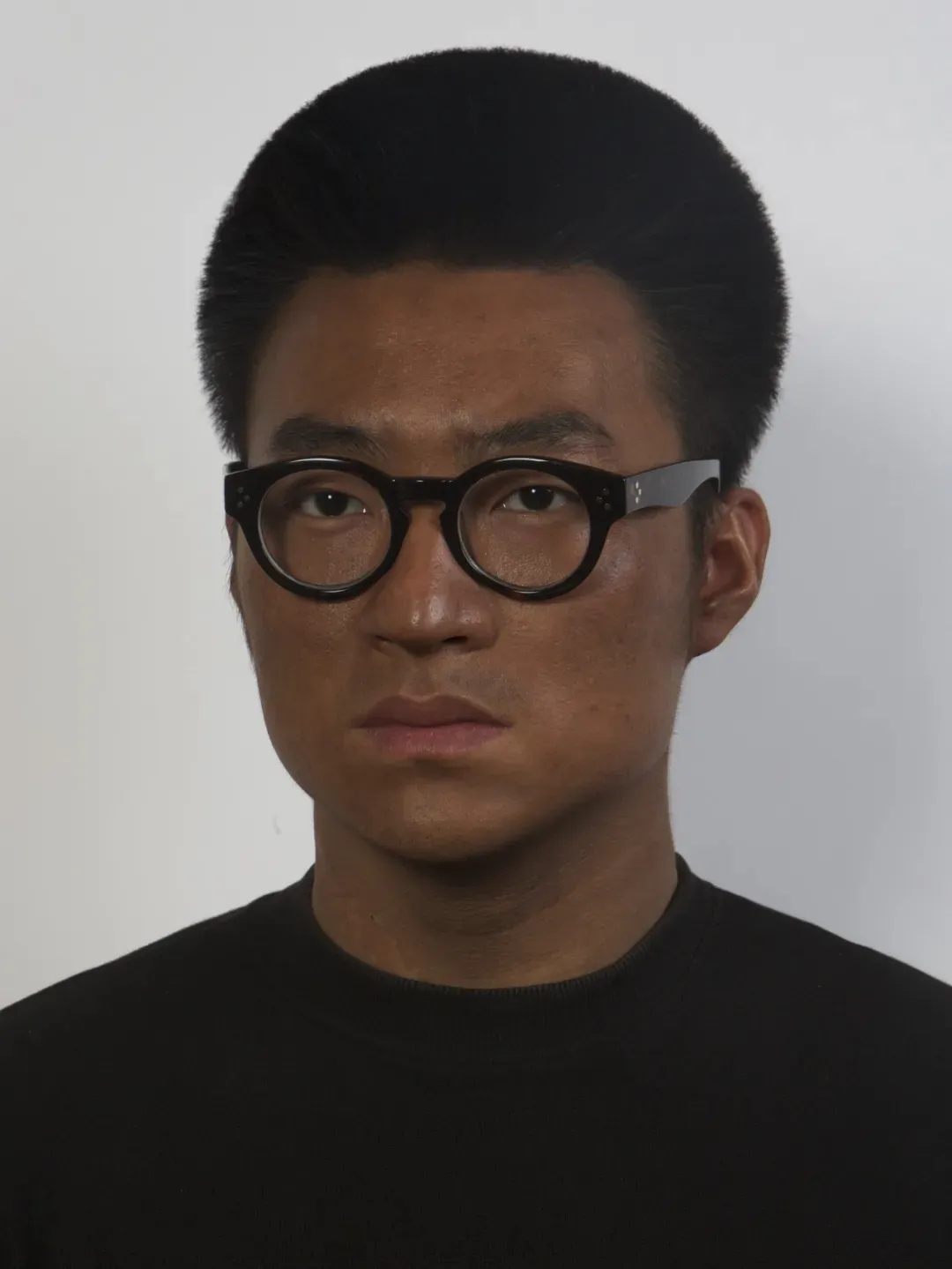
Since last year, Pu Yingwei has never used the black portrait as his artist portrait again. The turning point was the exhibition of "Photo Ethics" - when the curator introduced his series of works to American students in the classroom, he did not expect the black head to be strongly opposed first, " when it has hurtful intentions for some people. Even if my intentions were well-intentioned, I would not choose to continue to exhibit. So it is now a document, but not an artist portrait when I circulate media or report.”
But Pu Yingwei is also wary of that kind of "taken for granted justice", "I listened to artist Li Ran's podcast before,
He said that we were all forwarding the article about the takeaway brother who was trapped in the system, but we still had to order a takeaway in the last big winter.
So I might choose not to retweet when I can get a position with just one retweet. "
Pu Yingwei has become accustomed to the misunderstanding caused by the black head portrait. He said that when he just came back from France, no one knew what he looked like, so in a forum, he invited a foreign friend to explain his work, and everyone thought "Pu Yingwei" was the foreigner. "That friend said something interesting," Pu Yingwei said with a smile.
There was another time when the media took a photo. When the media saw that his photo was black, they felt that there was no need to bring a make-up artist, because the skin color was changed and it was useless.
He feels that this is a kind of interplay and generation between the real and the fictional. When the media becomes the way we perceive the world, the boundary between the real and the fictional does not exist - fake news, but it can arouse people's real emotions ; There are often fictional cited books in his articles, but as the number of searches increases, his fictional books can really be found online. "I feel like these rules are meant to be broken, there aren't that many frameworks.
Or the post-truth mentioned today actually brings us a relationship, the relationship between the real and the fictional, which should not be chased. It exists in a heightened sensitivity and control over your own existential circumstances. As long as there is this thing, I feel that everything can be real. For example, some novelists criticize realism, and sometimes they write down the world in their eyes, but they just quickly put a person's name. Lu Xun's novel "Diary of a Madman", I don't think he is making up a madman, but his direct consciousness To society is such a thing, but this thing he finally has a clear direction. Such a work logic is full of enthusiasm, and it is also full of deep and urgent emotions for one's own survival situation to promote expression. Reality and fiction are actually not important at all. "
As he described his own image, "Is it possible to imagine the arrival of such a new identity: it will not be claimed by any established form, nor will it become a toast of any power, it is lurking in the complexity of reality waiting for an opportunity; It can be reproduced at any time, at any place, and as the background of any question.” In the context of the “other”, he sensitively hunts for every node that he thinks is meaningful, and refines, abstracts, and reorganizes it. Against the easily defined reality.
As an extremely prolific artist, Pu Yingwei's creation involves image vision, writing, publishing, design, etc. However, in the face of the images and words he creates, he always maintains a free state and actively pushes himself to the edge of the sidelines , waiting for the fermentation of time and environment.
With the change of time, international situation and other contexts, people's attitudes when viewing these works also change. Today and in 2013, the context in which he began to pay attention to these things is completely different from the relationship between China and Africa today, so many works at that time have actually become a different flavor today.
"At the Bandung Conference in 1955, the main camps in the world were the capitalist camp and the socialist camp. It was reasonable for China to propose that the Third World Alliance should participate in Asia, Africa and Latin America, but it felt contrary to peace, because China did not It is already a posture of an empire in terms of political propositions—regardless of its status, size in international affairs, or national propaganda, China is a posture with strong subjectivity. Based on this, as an Chinese visual artist, it's hard to avoid this kind of national context in anything you do. Before, describing Africa was a simulation or empathy for me of the same position, the same identity, the same encounter; The disparity, coupled with the overkill of political correctness in society, almost made my creations look like a new colonial perspective today.
Reality has changed drastically, the work has not changed, but the viewing angle has changed, which I think is interesting. If you say that something you produce is eternal, it may not have any strength. "
Pu Yingwei hopes that his works will be dynamic vertically and more complete self-expression horizontally. For him, art is real and emotional, and art works are often the preservation of emotions, and there is no standard of right or wrong. "The reality we experience is very strong, and what I value is whether it can be preserved. This kind of intensity"; he would not pre-set the viewing groups and their viewing habits, and carry out "precise feeding", "This is a very inappropriate way of thinking in my opinion. I think it may not be a boomerang today. Huh, it's time for everyone to rise up. Many times I impress others by being myself completely. He can see a very complete value, value system and working method from me, and then he can become conscious of his own things, and then To build something of his own, I think this is the moment when the two of us have a deep interaction. " He also doesn't care much about other people's opinions, "Some people like the work, some people hate it, it's good, it shows that it is at least a sharp s things."

At this point, you may wish to go back to the introduction of the artist at the beginning of the article. In fact Pu Yingwei has a version of the artist's resume that consists of four parts, the first part is a short manifesto, the second part is written in the third person, the third part is family experience, the fourth part is daily description, can't say it It is subversive, but at least it expresses Pu Yingwei's complete cognition of himself. The elucidation and production of this identity also heralds the arrival of a possible new identity.
"To what extent do you think upbringing and family circumstances influence a person to become 'the self'?" I asked.
"It's actually a real state, it's up to you to choose a certain part today and build a building on that basis. So I don't think it's a linear, fatalistic tone, but more of a state. The past Your family is generating your present, your present is generating your past repeatedly, and the new past is guiding your next steps. This state allows you to be in your personal history, past, future; or other people's events It goes through it over and over, and then ends up with what you personally think is the closest thing to reality right now, " he said.
Born in 1989, it may be a secret and timeless call for today's artist Pu Yingwei. In that year, the National Art Museum of China publicly exhibited Chinese contemporary art works on a large scale for the first time. Since then, a brand new art The beginning of a historical practice that requires artists to express through their works. It was also in that year that the famous Chinese contemporary artist Huang Yongping moved to France. His works gradually shifted from depicting scenes of cultural struggle between China and the West in a multicultural context to an interpretation of post-colonial history.
As a visual artist who is good at transforming the ideological color of politicized movements and transforming its innovations, Pu Yingwei himself uses his actual flow experience, whether physical or ideological, to try to start from himself and pass A transformative visual language constructs the upcoming architectural relationship between individuals and eras, countries and eras. And is this connection between the self and history true, and where are the boundaries? How does caring about how this connection itself responds to the divide between tradition and reality, and how does it respond to reality? No matter what the answer is, after returning to China, Pu Yingwei seems to have consciously participated in the game in the critical area of the current political system and reinterpreted the rules through trial and mediation. I believe that if our eyes can follow the artist's experience of daily social reality Turning, can also cast a distant stare at the present.
"Charlie Hebdo Terrorist Attack" On January 7, 2015, two extremists armed with AK47 rifles, shotguns and bazookas broke into the offices of the cartoon satirical newspaper Charlie Hebdo, killing 12 people. After the incident, the extremist organization "Islamic State" claimed responsibility for it. "Algerian War" Refers to a series of national liberation wars that Algeria launched with France after World War II in pursuit of national independence. "Jean Michel Basquiat" Jean-Michel Basquiat (1960-1988) was an American graffiti artist after World War II and one of the representatives of Art Nouveau. "Bishan Project" The "Bishan Project" was initiated by artists Ou Ning and Zuo Jing. It is intended to undertake the rural construction cause since the beginning of this century, explore lost historical and cultural traditions, and rebuild rural public life. Its original intention was a concern about agricultural traditions and a critique of over-urbanization. "Kunshan is making" Kunshan Building is an open art intervention project initiated by the Chengdu Art Group Experimental Workshop and sponsored by Qi·Haus Space Intervention. "George Baselitz" Georg Baselitz - As one of the representative artists of German "Neo-Expressionism", he developed a rather expressive style of figure painting, recreating legendary heroes and characters from mythological stories. "Anselm Kiefer" Anselm Kiefer (1945-), one of the representative painters of German Neo-Expressionism. "The Archives: A Personal History" The author is Timothy Garton Ash: one of the most important political writers in the contemporary West, a professor of history at Oxford University, a columnist for the British "Guardian", and an expert on contemporary Central and Eastern European history. The Polish Revolution, The Archives: A Personal History, Facts Are Subversion: An Unknown Decade of Political Writing, etc. "George Orwell" George Orwell (25 June 1903 – 21 January 1950) was a famous British novelist, journalist and social critic. His representative works "Animal Farm" and "1984" are classics against totalitarianism, of which "1984" is one of the most influential English novels in the 20th century. "Alekseevich" Svetlana Alexandravna Alexievich (Svetlana Alexandravna Alexievich 1948-), also known as SA Alexievich, is a Belarusian writer and journalist. He mainly publishes non-fiction literary works, and his representative works include "I Still Miss You, Mom" and "Zinc Skin Baby Soldier". "Wang Guangyi" Chinese contemporary artist, one of the main participants of the Chinese Art Nouveau movement in the 1980s, his masterpiece "The Great Criticism". "Luo Zhongli" Chinese contemporary artist, former president of Sichuan Academy of Fine Arts, representative oil painting "Father". "Pan Yuliang" Famous Chinese female painter and sculptor. In 1921, he received official fees to study in France, and successively entered the Sino-French University in Lyon, the National Academy of Fine Arts and the National Academy of Fine Arts in Paris. In 1937, he lived in Paris and was the president of the Paris Chinese Art Association. He has participated in many exhibitions of Chinese paintings in France, Britain, Germany, Japan and Switzerland. "Li Ran" Born in Hubei in 1986, graduated from Sichuan Academy of Fine Arts majoring in oil painting in 2009, and moved to Shanghai from Beijing in 2018. Li Ran's creation involves multiple media such as video, performance, painting, installation, and writing.
Unified draft | Chen Keyi Li Zhuoying
Reviewer|Wang Yunqing
Figure | Thanks to artist Pu Yingwei Huiyun
WeChat Editor | Li Zhuoying
Matters Editor | Marks
Thanks to academic advisor Yao Siqing
Around the Fire (ID: weilu_flame)

The pictures in the text are not used for other purposes without consent
You are welcome to comment below the article to exchange discussions with the Ios team and other readers
If you want to know about the fireplace and read more articles, please follow this official account and click the corresponding menu column on the official account page

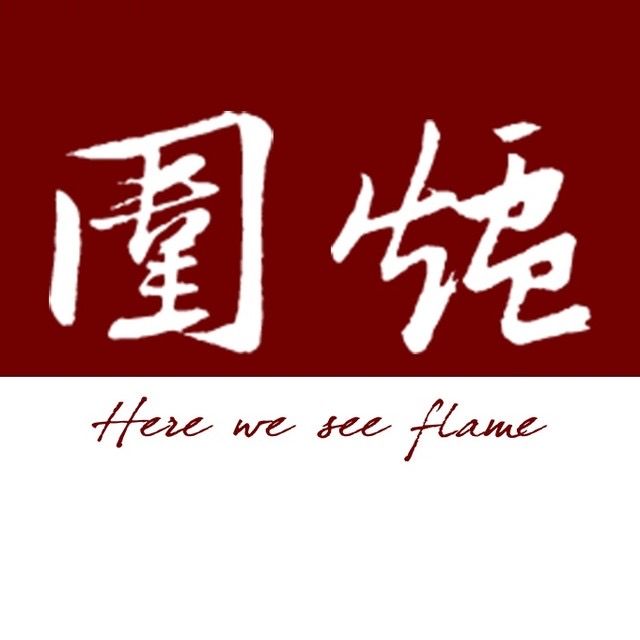
Like my work? Don't forget to support and clap, let me know that you are with me on the road of creation. Keep this enthusiasm together!

- Author
- More